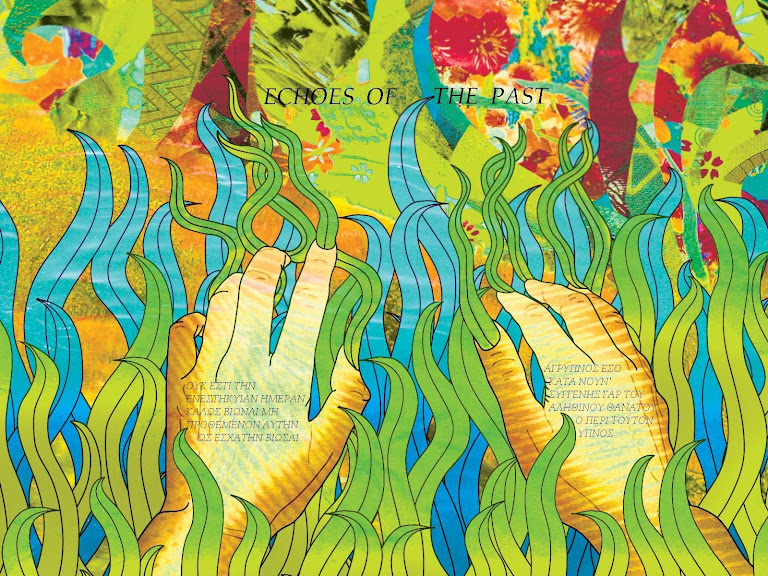
Taking their name from the seminal Jeff Beck Group album, vocalist/guitarist Billy Janey, vocalist/bassist Steven Bock, and drummer John Fillingsworth formed Truth in Cedar Rock, Iowa late 1969 .This line-up lasted one year then drummer Fillingsworth was replaced by Denis Bunce.The new line-up began penning original material, recorded a pair of singles in 1972/1973:In 1972 their first singles "Midnight Horsemen" "Under My Thumb" were released.In 1973 "Around and Around" and "Straight Eight Pontiac" .Then they evolved into Truth and Janey when informed that another band already held rights to the Truth moniker before them.
They did an amount of touring during 1973-75.
In 1976 their debut album "No Rest For The Wicked" was released.Only 1000 copies were pressed on the local Montross records.Shortly after the LP's release they disbanded when Denis Bunce left the group.Janey reformed the group with a completly new personnel in 1977.This new line-up released album "Just A Little Bit Of Magic" in 1978 and then disbanded.
Bassist Steven Bock joined Nowhere Fast
Denis Bunce left music industry.
Billy Janey followed a solo career
Truth And Janey-No Rest For The Wicked @320
1. Down the Road I Go
2. The Light
3. I'm Ready
4. Remember
5. No Rest for the Wicked
6. It's All Above Us
7. Ain't No Tellin'
8. My Mind
9. Midnight Horsemen
10. Around and Around
11. Under My Thumb
12. Straight Eight Pontiac
Tracks 9-12: Bonus (Released as singles in the early '70s)
Here:
pt1:sharebee.com/5a8515a6
pt2:sharebee.com/c64baf6d




















